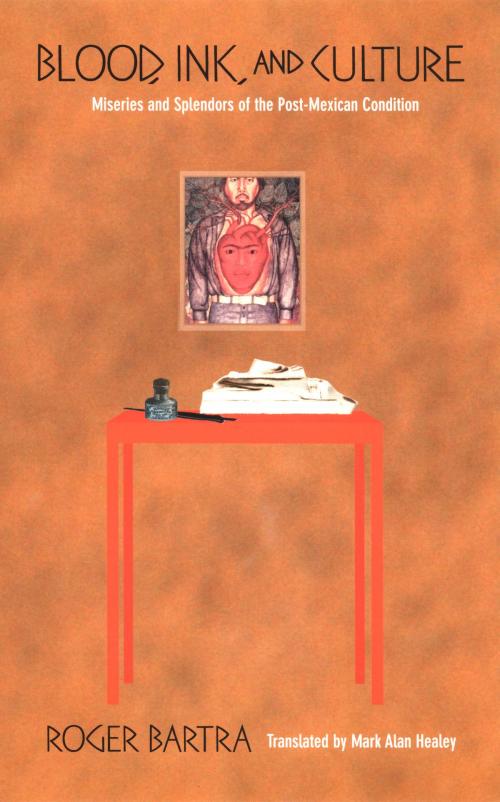Blood, Ink, and Culture
Miseries and Splendors of the Post-Mexican Condition
Nonfiction, History, Americas, Mexico, Social & Cultural Studies, Political Science, International, International Relations| Author: | Roger Bartra | ISBN: | 9780822383369 |
| Publisher: | Duke University Press | Publication: | July 12, 2002 |
| Imprint: | Duke University Press Books | Language: | English |
| Author: | Roger Bartra |
| ISBN: | 9780822383369 |
| Publisher: | Duke University Press |
| Publication: | July 12, 2002 |
| Imprint: | Duke University Press Books |
| Language: | English |
Pens and swords, words and blows: for Roger Bartra, the culture of ink and the culture of blood offer two contrasting approaches to the political transformations of our time. In this compilation of essays, Bartra thinks through these transformations by tracing the complex interplay between popular culture, nationalist ideology, civil society, and the state in contemporary Mexico.
Written with verve over a period of twenty years, these essays—most translated into English here for the first time—suggest why Bartra has become one of Latin America’s leading public intellectuals. The essays cover a broad range of topics, from the canonical forms of Mexican culture to the meaning of postnational identity in a globalizing age, from the repercussions of the 1994 Zapatista uprising to the 2000 election of Vicente Fox and the end of the PRI’s seven-decade rule. Across this range of topics, Bartra imparts astute insights into a critical period of transition in Mexican history, stressing throughout the importance of democracy, the complexity of identity, and the vibrancy of the Left. In Blood, Ink, and Culture, he provides a stimulating inside look at political and intellectual life in the southern reaches of North America.
Pens and swords, words and blows: for Roger Bartra, the culture of ink and the culture of blood offer two contrasting approaches to the political transformations of our time. In this compilation of essays, Bartra thinks through these transformations by tracing the complex interplay between popular culture, nationalist ideology, civil society, and the state in contemporary Mexico.
Written with verve over a period of twenty years, these essays—most translated into English here for the first time—suggest why Bartra has become one of Latin America’s leading public intellectuals. The essays cover a broad range of topics, from the canonical forms of Mexican culture to the meaning of postnational identity in a globalizing age, from the repercussions of the 1994 Zapatista uprising to the 2000 election of Vicente Fox and the end of the PRI’s seven-decade rule. Across this range of topics, Bartra imparts astute insights into a critical period of transition in Mexican history, stressing throughout the importance of democracy, the complexity of identity, and the vibrancy of the Left. In Blood, Ink, and Culture, he provides a stimulating inside look at political and intellectual life in the southern reaches of North America.















